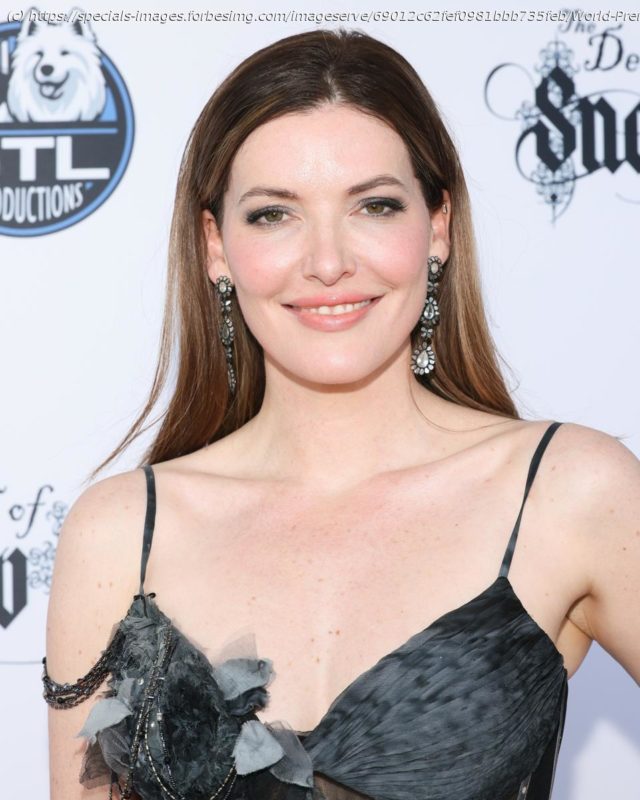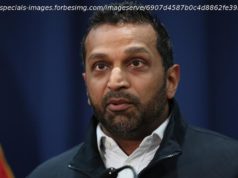The entertainment industry is quietly beginning to embrace AI as talent attempts to preserve their livelihoods.
In September 2025 it seemed just like any other success story when Hollywood talent agents began circling around actress Tilly Norwood, until the industry realized that Tilly Norwood is an AI creation from tech entrepreneur Eline Van der Velden’s Xicoia studio. During the same month, Hallwood Media signed a $3 million record deal with AI music artist Xania Monet on the heels of her #1 hit single on the Billboard R&B Digital Song Sales chart. Both events served as a clear signal that the entertainment industry’s AI reckoning has officially moved from imminent threat to commercial reality.
The backlash was immediate. Actress Emily Blunt called Norwood’s emergence “really, really scary” and Whoopi Goldberg warned, “You won’t have any connection with AI performers.” SAG-AFTRA issued a pointed statement, expressing their belief that “creativity is, and should remain, human-centered.” However, beneath the outrage lies an uncomfortable truth about what’s really at stake: who controls and profits from the future of entertainment.The Economics Are Brutally Simple
According to research from Morgan Stanley, studios have a clear financial incentive driving AI adoption. Media companies could see cost reductions of approximately 10% across the industry, with savings reaching as high as 30% in television and film production.
The assumption seems to be that AI talent never demands a raise, never ages out of roles and never says no to a project. However, no one seems to consider the people pulling the strings behind the AI talent. Will they act as managers or agents to negotiate on behalf of their clients, essentially creating the same market dynamics without human performers? If so, this becomes an exercise in futility that will eventually bring us back to the same cost issues we have today, the difference being that AI performers occupy the roles previously held by human talent. There is also the unanswered question around what would prevent studios from creating their own AI actors internally to cut out the middlemen.
When looking at the music industry, a parallel story is unfolding. AI music artist Xania Monet was created by Mississippi poet Telisha Jones using the Suno AI platform. Jones writes the lyrics based on her own life experiences, although the vocals are generated by Suno. Monet’s manager insists “there’s an artist behind it,” but that doesn’t answer the question of who created the value, the human or the AI platform? Like most music production, the value is created by the collaboration of multiple individuals. However, the complication arises when determining if and how to attribute the value generated by artificial intelligence.
Industry projections from a global study by the International Confederation of Societies of Authors and Composers (CISAC) paint a stark picture, predicting that music artists will lose nearly 24% of their income by 2028. The same study also predicts that AI-generated music will account for approximately 20% of traditional streaming platform revenue and 60% of music library revenue. Grand View Research forecasts that the market for AI in media and entertainment will grow from $25.98 billion in 2024 to $99.48 billion by 2030, showing that investors are betting on AI talent as entertainment’s future business model.The Gender Question Nobody Wants To Confront
Actor Chelsea Edmundson gave voice to what many in Hollywood were thinking: “Not surprised that the first major AI actor is a young woman that they can fully control and make do whatever they want.






